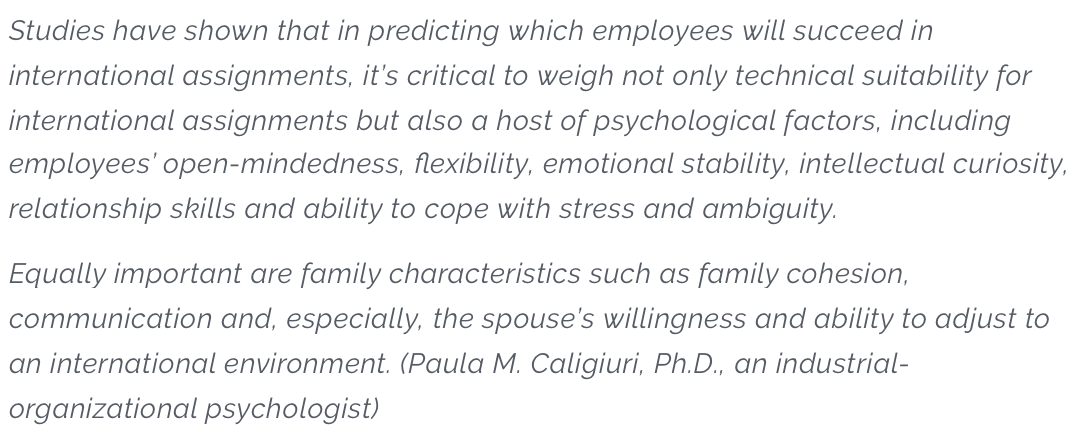Rasmus’ Japan experience
It is not the first time Rasmus has started an international assignment overseas. He is going to Japan and will stay in Tokyo for the next 2 years. The company he works for is a Danish company expanding operations globally and with offices around the world.
As a good international leader, Rasmus has already been expatriated in Europe and the United States several times before. He likes working in new cultural environments and learning about different styles of thinking and doing. Furthermore, the previous international assignments have given him a great boost to his career and he wishes to continue that way. However, this assignment in Japan turned into an unexpected journey.
In the first few weeks, Rasmus was enjoying the country, its people and culture. He was especially fascinated by how tradition and innovation coexist in contemporary Japanese society. He had never lived in Asia before and the behavior and the mentality of Japanese people seemed very exotic.
The cultural codes were based on a life philosophy which was unknown to him but which he found extremely exciting. At the workplace, colleagues were polite and helpful and he was positive about his transition and integration in the new working community.
Unexpected culture shock
Suddenly, a month after his arrival, he started experiencing frustrating misunderstandings at work. The reactions from colleagues were difficult to decode, which made him feel confused and disoriented. He seemed to be cut out from the social network in the company. He did not know how to restart the relationship with his colleagues and break down the invisible barriers. He felt stifled and wanted to hide away.



